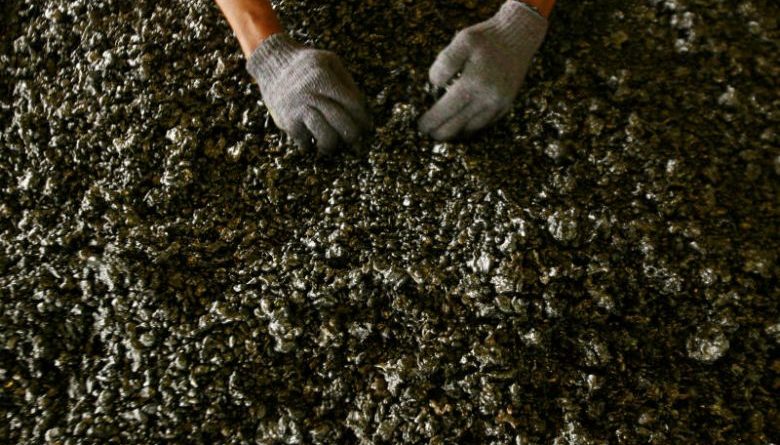Indonesia gets tough on mining companies on construction of processing plants
By Wahyudi Soeriaatmadja
JAKARTA – In a bold move to ensure mining companies meet their commitments to build processing plants or smelters, Indonesia has decided to impose big fines on them, payable within a month, if they fail to make progress on construction as planned.
The fines could amount to the equivalent of 20 per cent of the value of unprocessed mineral exports – such as nickel ore, raw bauxite and copper – in the past six months.
President Joko Widodo’s administration is pushing for mining companies to climb up the value chain and ship value-added intermediate products overseas, as opposed to just the raw mineral that attracts less export revenue.
Indonesia is trying to tackle a widening current account deficit – South-east Asia’s largest economy imports more goods and services than it exports – amid a global economic slowdown. Its current account deficit reached US$31.1 billion (S$43.2 billion) in 2018.
The Aug 26 ministerial decree, a copy of which was seen by The Straits Times, also requires a mining company to pay upfront to the state 5 per cent of its raw mineral export value before making any shipment overseas, as a partial guarantee to meet its committed construction plans.
These guarantee payments would be refunded if three-fourths of construction work is completed. Checks would be conducted every six months by an independent appraiser and a minimum 90 per cent of construction targets must be met.
“This (guarantee fund) applies to the exports of all minerals, including nickel,” Yunus Saefulhak, a director at the energy ministry, told The Straits Times on Monday (Sept 2). Indonesia exports raw nickel, bauxite and copper, among other things.
Companies which are delinquent in paying their fines could lose their export permits or ordered to stop operations for up to 60 days. Failure to pay would cause them to lose their mining licences.
Indonesia has decided to ban exports of nickel ore, the raw material used in stainless steel and batteries, from December, two years earlier than planned.
The top global source of nickel ore, the country has issued permits to miners to export a total 76.3 million tonnes of nickel ore between 2017 and this year. As at the end of July, about half of this amount has been shipped overseas.
Indonesia currently has 11 nickel smelters, with an total annual capacity of processing 24.1 million tonnes of ore, but only has two smelters for bauxite and copper each. Another 25 nickel smelters are under construction.
The figures were released at a media briefing on Monday by Mr Bambang Gatot Ariyono, director general of mineral resources and coal at the energy and mineral resources ministry, where he explained why nickel was the only one affected by the early ban.
“We have built an adequate number of nickel smelters and the latest technology today is able to extract cobalt from low grade nickel ore. Cobalt is an important component to make electric car batteries,” said Mr Bambang.
Nickel makes up 80 per cent of Tesla’s Model S car battery components. Cobalt makes up 15 per cent and aluminium the rest.
Indonesia has decided to open up the country to investment for the manufacture of electric vehicles, and investors from China and Japan, among others, have tied up with local partners to build a plant in Central Sulawesi province to produce battery-grade nickel chemicals for electric car batteries.
Source: The Strait Times


